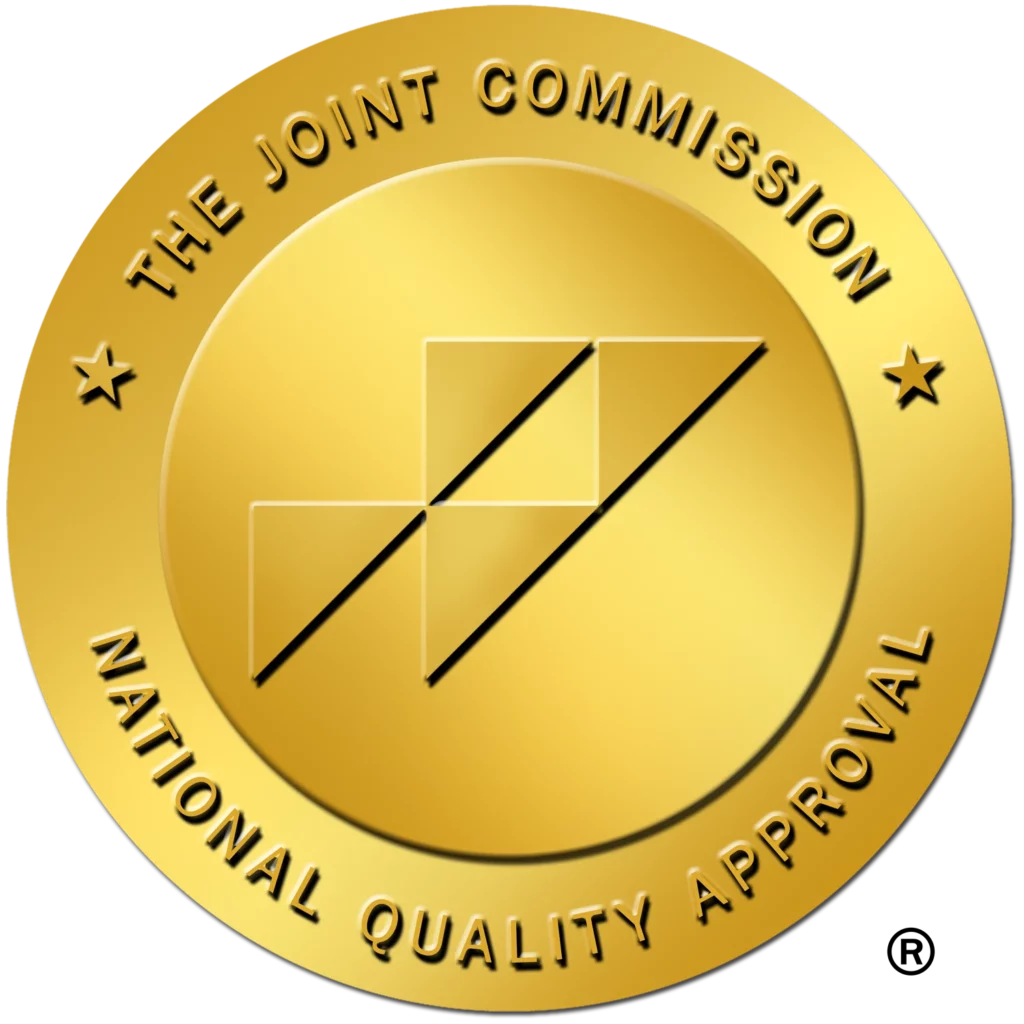Can You Force an Addict Into Rehab?
This entry was posted in Addiction Recovery, Alcohol Abuse, Alcohol Rehab, Drug Abuse, Drug Rehab and tagged can you force an addict into rehab, how do you force an addict into rehab, laws about forcing an addict into rehab on March 18, 2022 by Justin Baksh, MS, LMHC, MCAP, Chief Clinical Officer.

It can be impossible to see beyond addiction. Eating, sleeping, paying bills, relationships, even values and the law… none of it matters. Mind and body demand the next hit – no matter what must happen to get it.
Although every inch of the body is screaming for the drug or choice, denial is always conveniently there. Of course you don’t have a problem, it says. Of course you can quit any time, of course you will stop at some point. This is just for now.
In full-blown addiction, delusions can be a defense mechanism – a shield from the truth. It is so effective in blocking outside information and forces, in fact, that addicts may feel they are in a bubble all by themselves, floating in their own universe.
Most of the time, though, they aren’t alone as they may think, Usually, there is a constellation of people surrounding them that can clearly see the truth.
These friends and loved ones have probably initiated countless conversations and made numerous attempts to pierce the bubble of addiction. They may have even paid for detox or a rehab stay – once or a few times already. They know what needs to be done, more so than the addict who is caught in the trap of addiction. It is only natural, therefore, that these well-meaning loved ones wonder at a certain point if they can force an addict into rehab.
Can You Force an Addict into Rehab?
The short answer is yes, in some places and in some cases. Each state has its own laws, which you need will need to navigate if you are attempting to force an addict into rehab.
Florida’s Marchman Act
This law is well-known in Florida because, with it, you can get a court order for rehab treatment for your loved one. It is a process, however. The issue of rehab treatment payment also arises once the court order comes down. That’s why it is important to do your homework before going this route.
Questions to consider:
- Does the person you are attempting to force into rehab have health insurance? (Please note: Medicaid and Medicare are considered health insurance)
- If so, does it cover substance abuse services?
- If not, can they (or their loved ones) afford to pay out-of-pocket for coverage?
Now, the cost of treatment varies widely among addiction treatment centers. For example, a luxury rehab with lots of amenities is going to cost more (much more) than a more functional setting. Also, inpatient rehab is more expensive than outpatient rehab accompanied by a stay in sober living.
To conduct this research more quickly and efficiently, you should investigate rehabs online and call the ones that spark your interest. Addiction rehab outreach representatives can verify your insurance information as well as guide you through the process of admitting your loved one to their facilities. If they cannot help you directly – for example, their facility is not in-network with the insurance carrier or they won’t accept payment plans and sliding scale fees – then they can typically direct you to facilities that do. This will cut down on a lot of time.
After you’ve established where you want your loved one to go to rehab, it’s time to get familiar with the Marchman Act process. This involves:
- Accessing county courthouse forms, either in person or on the website
- Filling out the forms and filing them with the county courthouse
- The clerk of court sets a court date OR a judge reviews and grants the request in lieu of a hearing
- If a court date is set, a notice of its date and time will go to the respondent (your loved one)
- If the respondent cannot afford an attorney, one will be appointed
- At the hearing, you may be required to testify
- An assessment of your loved one will happen at the hearing or your loved one will be held until it is completed
- If your loved one does not show up for the hearing, an order is sent to law enforcement to pick them up. Once the respondent is in custody, the assessment must happen with three days, or 72 hours
- The court reviews the addiction treatment professional’s assessment and may order treatment for your loved one
You can learn more about Florida’s Marchman Act here.
Other States
Although maybe not as memorably named as Florida’s law, a majority of states have some form of involuntary commitment to substance abuse treatment. These include:
- Alaska
- Arkansas
- California
- Colorado
- Connecticut
- Georgia
- Hawaii
- Indiana
- Kansas
- Kentucky
- Louisiana
- Maine
- Massachusetts
- Michigan
- Minnesota
- Mississippi
- Missouri
- Nebraska
- North Dakota
- Ohio
- Oklahoma
- South Carolina
- South Dakota
- North Carolina
- Tennessee
- Texas
- Virginia
- Pennsylvania
- Washington
- West Virginia
- Wisconsin
The states above allow alcoholics and addicts to be forced into rehab. Other states only allow involuntary commitment for one or the other:
- Montana – alcoholism only
- Rhode Island – alcoholism only
- Vermont – substance use disorder only
That said, new state laws can happen at any time. Check your state legislature’s website for more information on your particular state.
What you else can do for the addict you care about?

It’s true in many areas of life and it’s also true with addiction: If the person is not willing to do it for themselves, you can’t do it for them.
As stated above, you might be able to force an addict into rehab. They may even get clean and stay that way for a while. However, they are the ones who are responsible for maintaining their clean status (with support), so at some point their desire comes into play.
So what do you do? Wait for them to hit rock bottom or get sick and tired of being sick and tired? That could work. For most of us though, sitting on the sidelines watching someone destroy themselves is just too difficult.
It can be helpful to give them a push from time to time. People are influenced by other people, even if its unconscious. Here are some other things to try before you go the legal route, including:
- Talking to them about their addiction – You never know when an addict will be open to talking about their addiction. Therefore, you should let them know you care about them and are available if they ever want to talk. Then, obviously, you should be there when the moment arises. If your trusted friend of over 20 years tells you that they think you have a problem, listen – even if you don’t want to believe it.
- Going with them to talk to an addiction counselor or other healthcare professional – If they are willing, you can both go to a trusted healthcare professional. They can enlighten the addict as to why they are not in control any longer and the signs to be aware of. Perhaps most importantly, they can bring first-hand experience to the sad reality of overdose. If the addict you love won’t go in person, perhaps you can at least have them talk to someone over the phone.
- Talking to their friends and family – If the problem is getting worse, you may want to reach out to more of their friends and family. An intervention sometimes isn’t the best idea because it puts the person in a defensive position. If the addict is not ready to face reality, they may shut down. They may refuse to attempt to see their use from a different perspective or to allow the realization of what it is doing to their lives to truly sink in. One-on-one can be more effective because it can be more impactful for each person to say something directly, without an audience.
- Stepping away – Unfortunately, sometimes you have to simply step away. Sometimes, when someone battling addiction sees that their friends and family are backing off, that’s when they realize things have gotten out of control and need to be addressed.
The Last Word
Addiction is a selfish disease. It puts other people – even the addict themselves – last. They are killing themselves a little more each day by using.
If you are watching this happen, it’s heartbreaking. As a friend or family member, you want to help. However, once someone has completely succumbed to addiction, it is difficult to show them the impact their addiction is having on their lives and those around them. Lying, cheating, stealing, and even saving their own lives sometimes does not register.
Of course, there are times when you don’t have the luxury of waiting for someone to decide, on their own, to get help. That’s where the legal process comes in. If you feel their lives are in danger, you may decide it is time to force an addict into rehab.
The decision should be carefully weighed and researched in advance so that you have the best chance of finally having it work this time. We know it can happen: There are people for whom court-ordered rehab has been a lifesaver. Let’s hope yours will be one of them.










